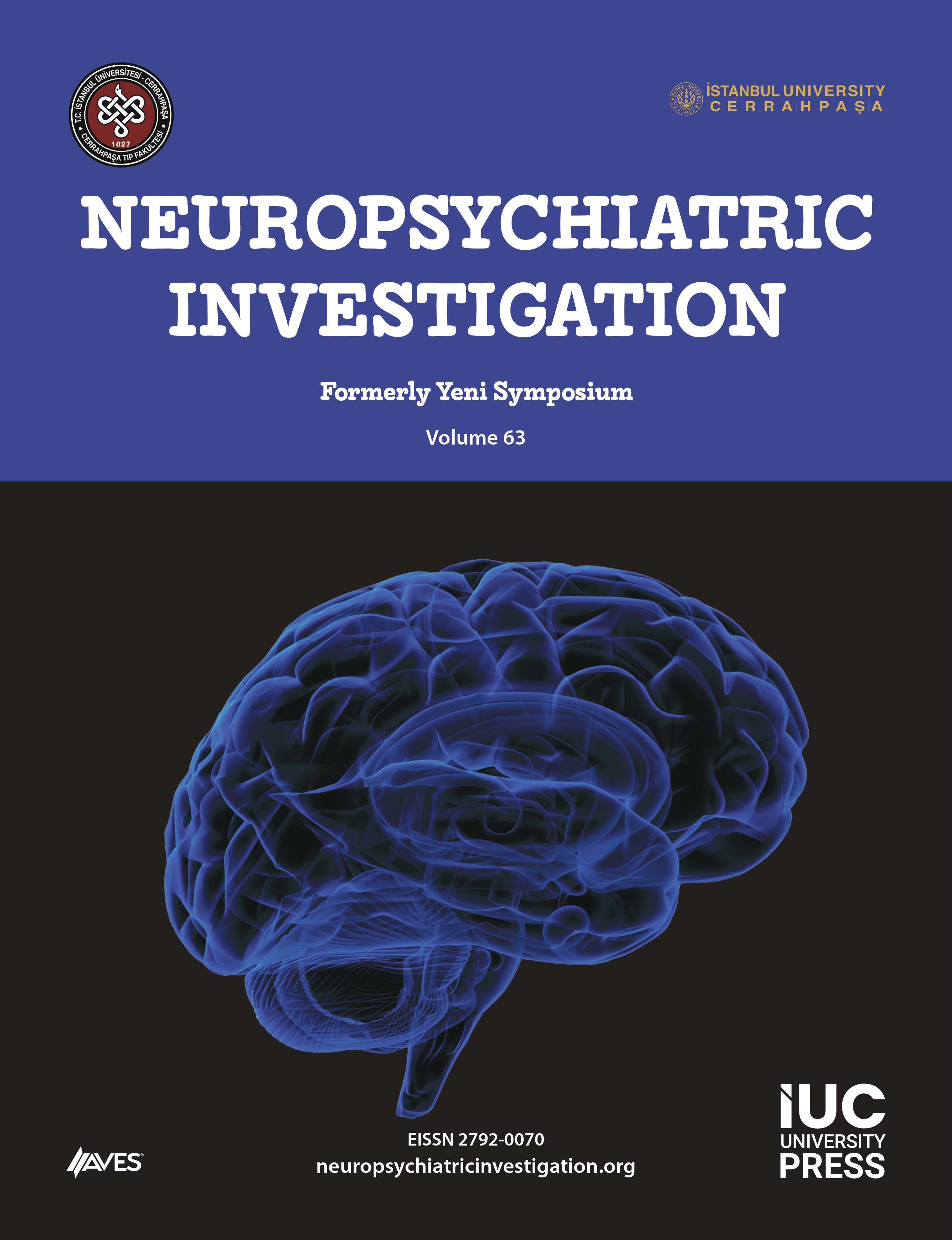Objective: Research and development studies of Boston Naming Test (BNT) which assesses naming ability has not been completed in Turkish samples. The main purpose of the present study is to construct a Turkish form for BNT. In line with this purpose, it is aimed to identify the items which are named consistently; to reveal the effects of age, education and sex over BNT scores in Turkish samples; to calculate norm values; to identify the item difficulty level and reliability.
Method: The present study was carried out in three steps in for adaptation, normalization and reliability. In the adaptation (n=57), Turkish names of BNT items have been identified; five items which were uncertain were eliminated. 315 participants (158 women;157 men) in the age range of 20-79 are included into normalisation research. The data of normalisation were obtained from a 5 (age) x 3 (education) x 2 (sex) factorial design. Three scores of correct naming for BNT have been obtained: Spontaneous naming (SN) score, naming with semantic cue (SN+SCN) score, naming with phonetic cue (SN+SCN+PCN) score. Reliability study was carried out across 119 participants in the range of 20-49 year old.
Results: According to the results of MANOVA, except SN+SCN+PCN score (p=0.051), the age main effect of other two scores have been found significant (p<0.05). It has been shown that education state affects (p<0.001) all the scores; but the sex main effect was not significant (p>0.05). In terms of interaction effect, it was found that only the interaction effect of age and sex over SN (p=0.037), SN+SCN (p=0.018) and SN+SCN+PCN (p=0.025) scores was significant. Test retest reliability coefficients were between 0.81 and 0.87 (p<0.001); Cronbach Alfa coefficient was 0.90 for SN, and 0.81 for SN+SCN.
Conclusions: In the line of literature, normalisation findings have indicated that the ability of naming has a significant fall after 70 year old and it increases with education. The present study has clarified the inconsistent findings related to the effect of sex over naming.




.png)